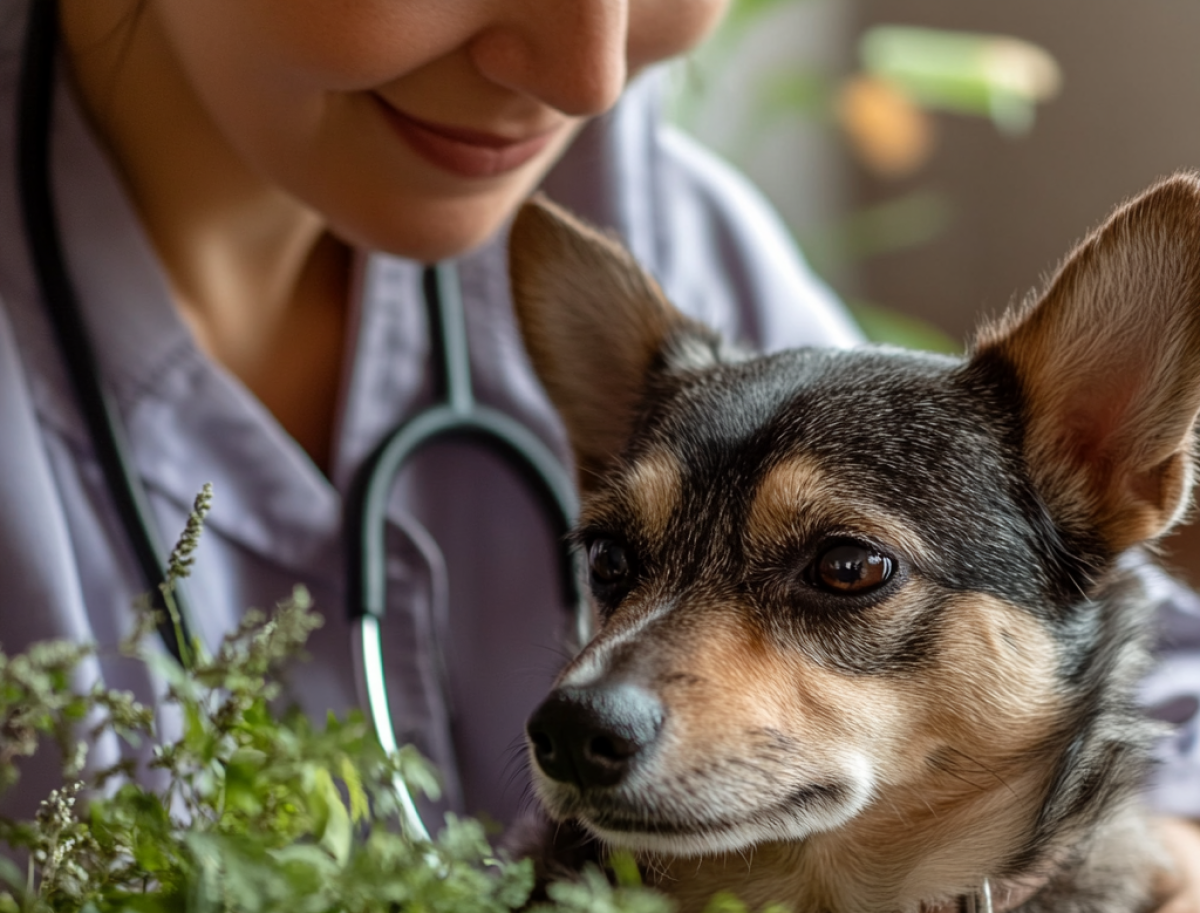Have you ever wondered how you can help your dog manage pain, joint issues, inflammation, and allergies without relying on conventional medications? Many pet owners seek natural alternatives to improve their furry friend’s well-being.
These natural remedies offer gentle yet practical solutions that support your dog’s overall health. This article will explore natural remedies to help your dog’s health while addressing common issues like discomfort and allergic reactions.
Understanding the Benefits of CBD
CBD for dogs has become a natural option to ease pain and inflammation. It is known for its soothing effects on the body without the psychoactive element. This natural remedy can help alleviate discomfort in dogs, especially those with chronic pain or arthritis.
It is essential to consult with a veterinarian before introducing CBD to your canine’s routine to ensure the correct dosage and safety. With proper guidance, CBD can be a valuable part of a holistic approach to managing pain and improving their quality of life.
Omega-3 Fatty Acids: Reducing Inflammation
Omega-3 fatty acids are popular owing to their anti-inflammatory properties. They can help reduce inflammation in canines caused by joint pain and arthritis. By regularly incorporating omega-3 supplements into your pup’s diet, you may notice improvements in mobility and a reduction in pain caused by inflamed joints. They also promote a healthy coat and skin, benefiting those with allergies.
Turmeric: A Natural Anti-Inflammatory
Turmeric is another powerful natural remedy that has been used for centuries. Known for its active ingredient, curcumin, turmeric has potent anti-inflammatory effects. It can help reduce joint pain and inflammation in canines with arthritis or other chronic conditions. Always be mindful of the dosage, as too much can cause digestive issues.
Glucosamine and Chondroitin: Joint Support
Glucosamine and chondroitin are commonly recommended supplements for managing joint issues. These two compounds work together to promote cartilage repair and reduce joint pain. They can be particularly beneficial for older dogs or breeds prone to hip dysplasia or arthritis. Glucosamine and chondroitin can also improve mobility, making daily activities like walking and playing more comfortable for your pup.
Herbal Remedies for Allergies
They often suffer from allergies, manifesting as itchy skin, red eyes, and constant scratching. Natural herbal remedies can offer relief. It can help calm allergy symptoms by reducing histamine production. These remedies help them feel more comfortable when seasonal or environmental allergies arise.
Massage Therapy for Pain and Stiffness
A massage is a therapeutic option for mutts experiencing pain or stiffness due to joint issues. It can help improve circulation, reduce muscle tension, and increase flexibility. Regular massage sessions performed by a professional or at home can ease discomfort in dogs with arthritis or injuries. It’s a simple yet effective way to help your dog feel more at ease and improve their overall quality of life.
Cold and Heat Therapy: Soothing Relief
Cold and heat therapy can provide instant relief for dogs experiencing pain from joint issues or inflammation. Cold packs help reduce swelling and numb pain, while heat packs can relax stiff muscles and improve blood flow to the affected areas. This therapy is beneficial after long walks or periods of activity when your dog’s joints feel strained. Applying cold or heat for short periods can make a noticeable difference in your dog’s feelings.
Many natural remedies are available to help manage pain, joint issues, inflammation, and allergies in dogs. CBD for dogs is one of the most well-known options, offering relief without harsh side effects. Addressing these health concerns through dietary changes or therapies can lead to a happier, healthier dog. Always consult a veterinarian before trying new treatments to ensure the best approach for your furry friend.
